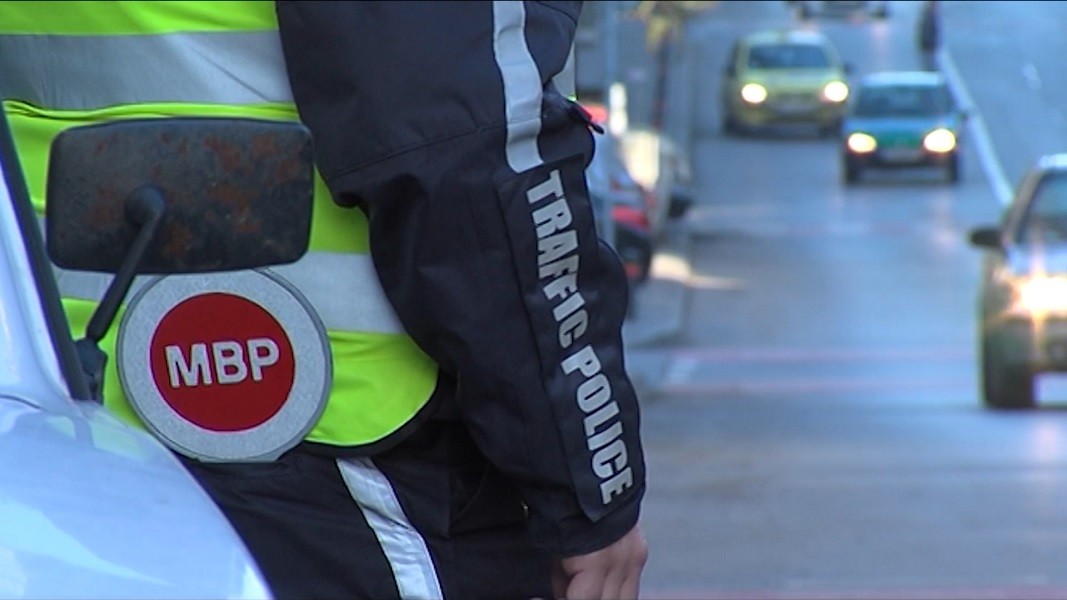




How to preserve and maintain public trust in media - this is the central topic for participants in the Public Broadcasters International (PBI) 2025 Annual Conference, which is taking place in Sofia. The event, organized..
From today until 28 October, Vidin will transform into a cultural hub to celebrate its patron saint's day - St Dimitar's Day (Dimitrovden). The new festival, “October Arts Days”, features a rich programme combining music, theatre, visual arts, and..
The virtual space where you can find information about Bulgarian restaurants in Berlin, the services offered by Bulgarian craftsmen, as well as addresses and phone numbers of doctors working in the country, is the work of two Bulgarians who settled in..
The virtual space where you can find information about Bulgarian restaurants in Berlin, the services offered by Bulgarian craftsmen, as well as addresses..
From today until 28 October, Vidin will transform into a cultural hub to celebrate its patron saint's day - St Dimitar's Day (Dimitrovden). The new..
How to preserve and maintain public trust in media - this is the central topic for participants in the Public Broadcasters..

+359 2 9336 661
